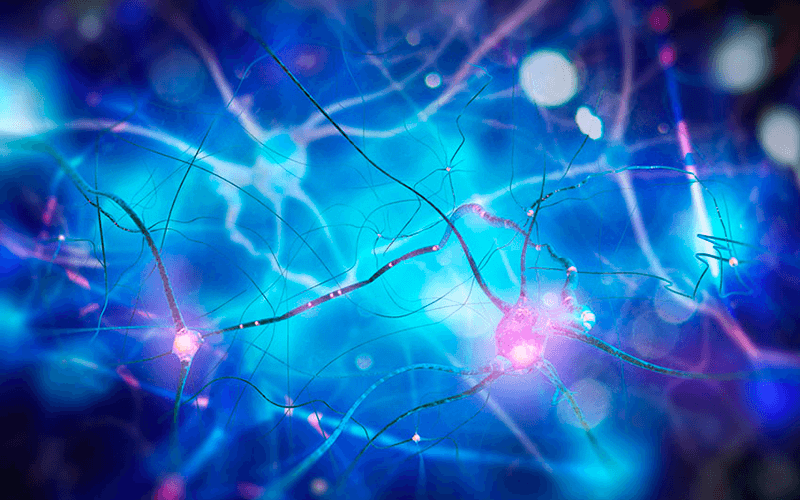“Accelerated antibody depletion may be relevant in patients at high risk of rapid neurological function deterioration, because of high antibody titre and severe symptoms, related to immunological disorders.”

The disease affects the myelin, whose task is to promote the transmission of the nervous impulse along the nerve, as well as protect the nerves from external stimuli.
When the damage reaches the axon often the lesions become irreversible. Approximately 10% of patients have an acute onset, but the subsequent onset of relapse indicates that the disease has a chronic form that can evolve with relapses or progressive worsening. The main symptoms are represented by peripheral muscle weakness, disturbance of sensitivity, tingling and numbness, lack of balance and tremor. Treatment includes corticosteroids, immunoglobulins and plasmapheresis, with the aim of removing the antibodies involved from the bloodstream.
Molecules to be removed:
Antibodies; plasma globulins; IgG, IgA, IgM; cytokines; inflammation mediatorsSuggested therapies:
PEX, DFPP, Cascade Filtration
An assumed cause is an infection caused by a latent virus (potentially a human herpesvirus such as the Epstein-Barr virus) which, once activated, induces a secondary autoimmune response. The therapy includes corticosteroids for relapses, immunomodulatory drugs to prevent them and plasmapheresis to remove the circulating antibodies involved.
Molecules to be removed:
Immunoglobulins (IgA, IgG, IgM); immunocomplexes, cytokinesSuggested therapies:
PEX, DFPP, Cascade Filtration
It is the most frequent form of acquired inflammatory neuropathy. Although the cause is not fully known, it is thought to be on an autoimmune basis. In some variants, predominates demyelination; in others, the axon is hit. The therapy includes immunoglobulins, plasmapheresis and, for the most serious cases, assisted ventilation.
Molecules to be removed:
Immunoglobulins (IgA, IgG, IgM); cytokinesSuggested therapies:
PEX, DFPP, Cascade Filtration
Plasmopheresis may be applied in patients who do not respond to immunosuppressive therapy and who require mechanical ventilation. The objective is to remove immunoglobulins containing anti-acetylcholine receptor antibodies (AchR) from plasma in a semi-selective manner in order to improve the patient’s muscle tone and symptoms.
Molecules to be removed:
Immunoglobulins (IgA, IgG, IgM); cytokinesSuggested therapies:
PEX, DFPP, Cascade Filtration
